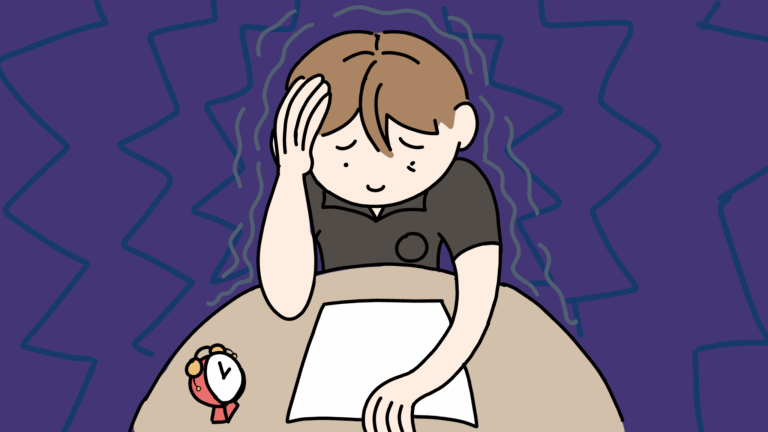The eleventh grade English class taught by Dawson Vorderbruegge has been studying the Canterbury Tales.
This old English classic recalls a fictional journey to Canterbury and the stories that are told by different characters along the way. These stories touch on moral values that the English 11 students have been reviewing. Directed by Vorderbruegge, the students recently focused on one traveler from the tales in particular: the Wife of Bath.
Throughout the Canterbury Tales, the Wife of Bath reflects on the views of women and relationships in the early 13th century. Vorderbruegge had his students explore and compare these views with modern views in a girls versus boys debate. Each group was asked questions such as: What personality traits make a great woman or man? What are the biggest turn-offs for each gender? What are traditional and modern gender roles? Though students responded hesitantly at first, Vorderbruegge recalled, “The girls were more engaged than the boys, but the participation was enthusiastic in the end.”
The debate did not only deal with modern and “old age” views on women and relationships but also what their roles should be. When asked what his overall goal for the assignment was, Vorderbruegge said, “I wanted students to be aware of gender issues but also wanted to show how the Bible paints a well-balanced picture of healthy gender roles and relationships.”
“I wanted students to be aware of gender issues but also wanted to show how the Bible paints a well-balanced picture of healthy gender roles and relationships.”
English 11 teacher Dawson Vorderbruegge
Vorderbruegge had the class read Ephesians 5:22-23, where the apostle Paul writes about marital relationships and the roles of men and women in a relationship. Paul wrote that while men are to respect and love their wives, women are to submit to their spouses. Vorderbruegge asked students to compare this view with what they see in today’s culture.
Junior Karly Tom said, “We kind of started a debate type project and it was intense at first because the separate genders threw out what they thought were the flaws and motives of the opposite sex.” In the class debate, students were asked to talk about stereotypical views of girls and boys in relationships. The male students said that a common assumption is that “girls only want money and good looks.” The girls put forth the idea that “all men want out of a relationship is sex.” However, when given the chance to speak up for their own gender, both girls and boys brought up a wider range of motives and desires. Both groups said that while stereotypical expectations do influence who they choose to date, other factors have a much bigger effect on their relationship decisions. Male students said that it is more important to them for a girl to be independent, strong-minded, and “not too emotional” than to be “sexy.” Female students said honesty and loyalty were more significant than money.
Though Tom found the class discussion to be awkward, she said, “It really made me think about our gender roles and the dynamic of our relationships. It was interesting to see how the view on gender roles changes throughout time and from different perspectives.”
Looking ahead, Vorderbruegge said, “I definitely want to do more projects like this one. I don’t know if they will be as popular of a topic as gender and relationships, but hopefully I can integrate some debate style discussions throughout the year.”






